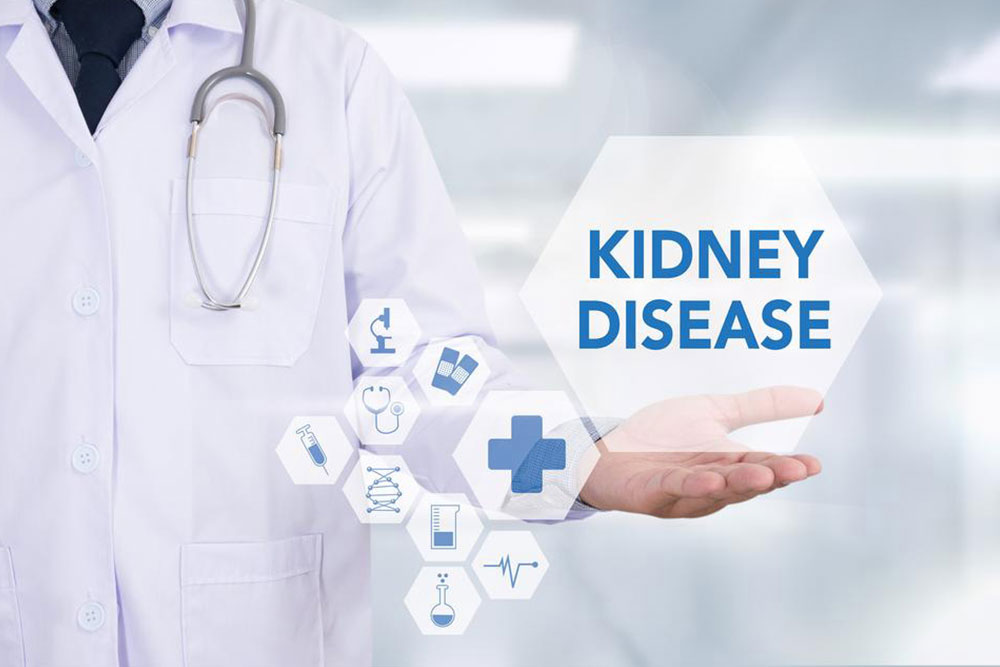Recognizing Symptoms of Advanced Kidney Disease (Stage 3)
This article explains the key symptoms and signs of stage 3 chronic kidney disease, highlighting the importance of early detection and lifestyle adjustments. Recognizing symptoms like fatigue, swelling, and blood in urine can prompt timely medical intervention. Managing stage 3 kidney disease involves dietary changes, medication, and regular monitoring to improve health outcomes and prevent progression. Understanding these indicators can help patients seek help early, reducing risks associated with advanced renal failure and enhancing quality of life.

Signs and Indicators of Advanced Kidney Disease (Stage 3)
Every organ in our body has a unique role, which is essential for maintaining health and vitality. However, various conditions can impair these organs, leading to infections or failure to perform their functions correctly. While some issues are temporary, others may develop into chronic problems that pose serious health risks over time.
Kidney disease or renal impairment
The kidneys are two vital organs situated near the lower back, on either side of the spine. They play a crucial role in filtering toxins from the blood, which are then expelled through urination. Malfunction of these organs can cause toxins to build up, threatening overall health. Kidney issues typically develop gradually through several stages, sometimes spanning years.
Understanding the progression of kidney disease is vital for early intervention. Recognizing symptoms at each stage, especially in stage 3, can help in timely management. This stage, also called CKD stage 3, involves a rapid decline in kidney function and increased toxin accumulation, leading to various health complications.
During stage 3, patients often experience profound fatigue and weakness because the kidneys cannot eliminate waste effectively. Fluid retention, resulting in swelling and bloating in the abdomen, joints, or limbs, is commonplace. Lung issues like shortness of breath due to fluid buildup are also notable symptoms.
Muscle cramps, back and knee discomfort, and blood in urine are additional warning signs. Immediate medical attention is crucial when these symptoms appear, as ignoring them can lead to severe consequences. While kidney damage at this stage is irreversible, lifestyle adjustments such as proper diet, medication adherence, routine exercise, avoiding alcohol, and vaccinations can improve quality of life.
Note:
The information shared here aims to educate readers on kidney health and disease symptoms. It shouldn't replace professional medical advice. For personalized diagnosis and treatment, always consult your healthcare provider. The website cannot guarantee the accuracy of external data or cover all available medical options.









